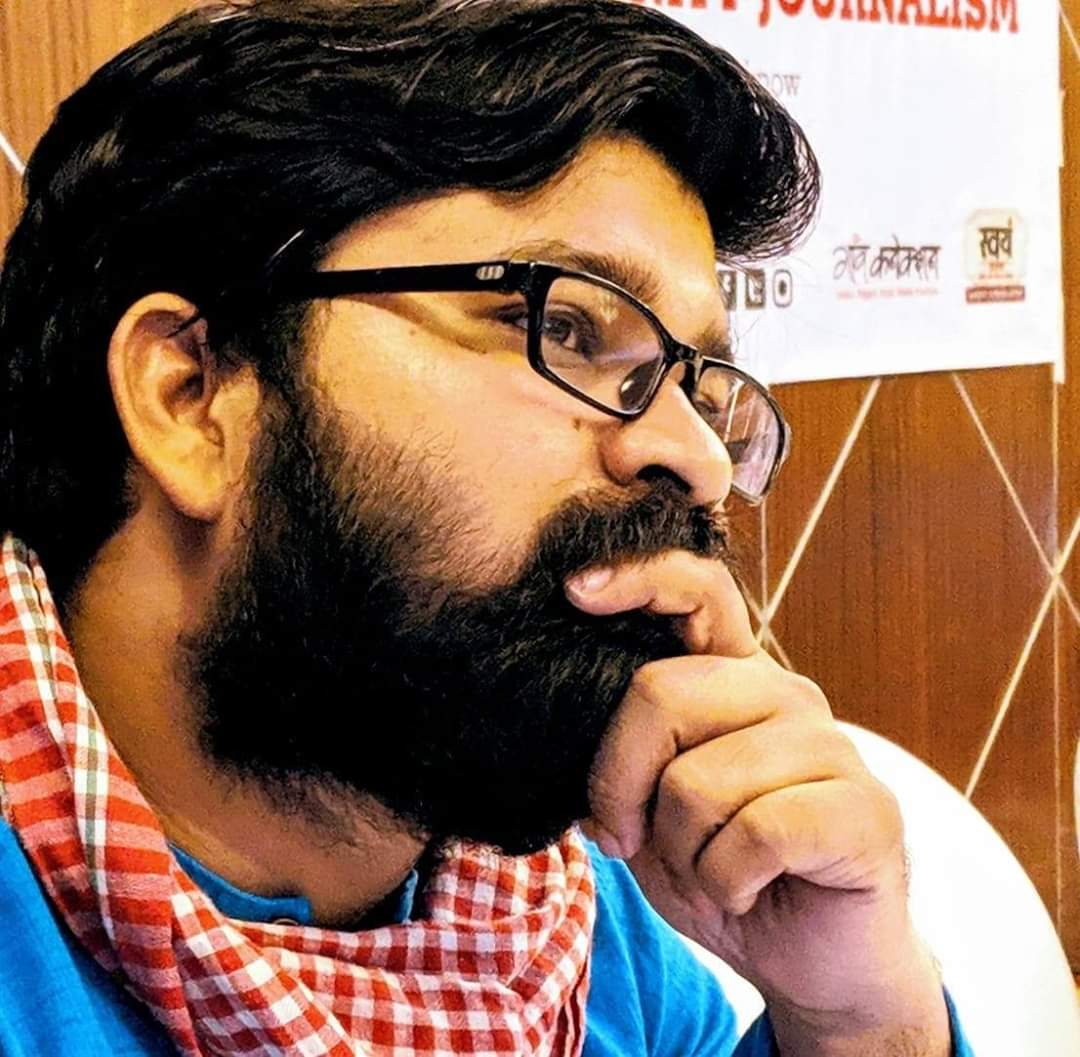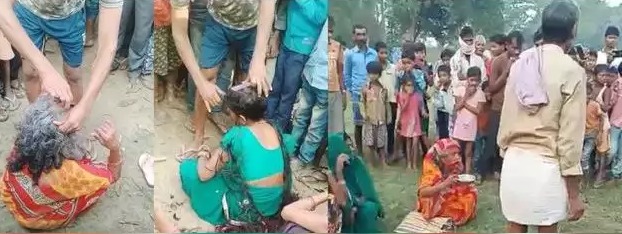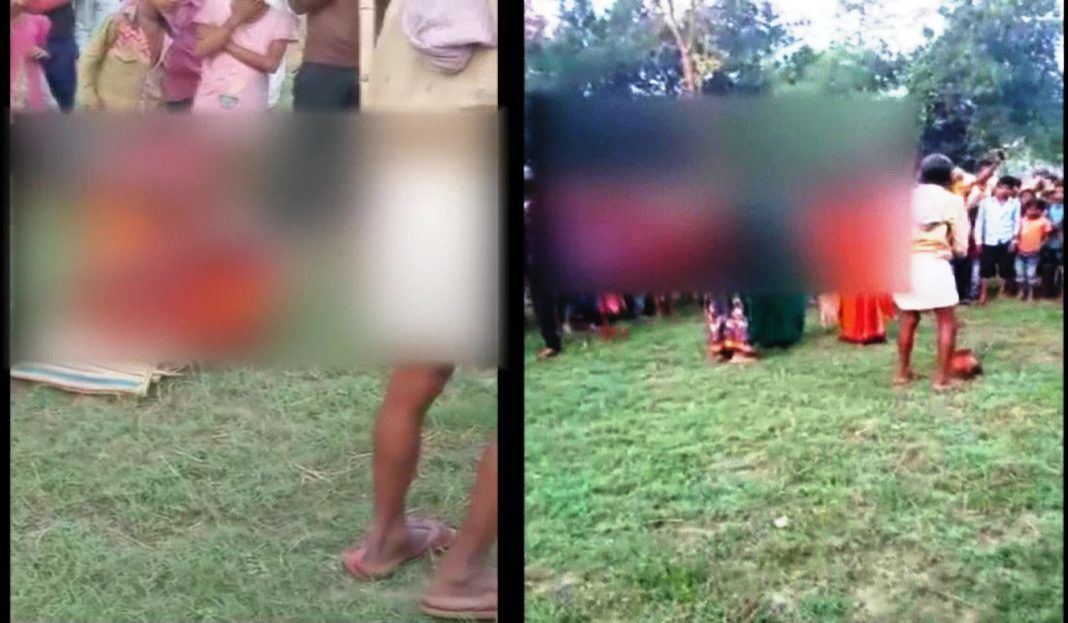Bihar: Women accused of witchcraft were thrashed and tonsured by the villagers
After one-two children in Muzaffarpur’s Dakrama village died, the villagers alleged the cause of their death to the witchcraft practices of three women


The recent incidents of women atrocities in Muzaffarpur, which is just 75 kms away from Patna, capital of Bihar, has put humanity to shame. Three women were allegedly thrashed and forced to consume faeces and urine over the suspicions that they were witches.
These women were tonsured and paraded half-naked in the village. This happened when India is busy handling the COVID pandemic and when the country is under the lockdown.
According to local media reports, the incident took place on May 4. The incident happened after one-two children in Dakarama village in Hathaudi died. Villagers suspected that children died to the witchcraft practices of these women. Soon after a village meeting was held where villagers allegedly thrashed those three women, shaved their heads, forced them to drink urine, and then paraded them naked across the village. The police sought to take an action after a video showing the atrocity went viral on social media.
Amitesh Kumar, additional superintendent of police (eastern) said, “The incident happened in Dakarama village. The police is investigating the matter and will take an action against this. Of the 10 people that were booked, nine have been arrested. We are trying to find the missing accused. Neither the victims nor the villagers informed us about the incident. We gotten to know about this from the social media.”
Jitendra Dev Deepak, the station incharge of the Hathaudi, informed Gaon Connection that they are examining the video which went viral on social media. “On the basis of this video, we have arrested nine people so far. The victims were threatened to speak up over the matter. This is why they are not informing us more about it. However, the incident will be thoroughly investigated.”
In a press conference, Jitendra Kumar, additional director general, Patna, informed the reporters that the police has swiftly acted against this inhumane treatment of women in Muzaffarpur. “So far, nine people, who were actively involved in the incident,have been arrested. A First information report (FIR) has been registered against more than 15 people.”
Women atrocities are not new
The country is not new to this incident. Women in villages have been allegedly and thrashed for witchcraft practices. Jharkhand tops in the incidences of witch-killings in the country.
In 2018, 18 women in Jharkhand were killed over the suspicions that they were witches, says the recent report of the National Crime Bureau (NCRB). As many as 63 such killings took place in 2018 across the country.
Jharkhand (18) followed by Madhya Pradesh (10), Andhra Pradesh (9), Chhattisgarh (8), Odisha (5) tops the list of witch-killings in the country.
Between 2001-2014, 464 women in Jharkhand, 415 women in Odisha, 383 women in Andhra Pradesh, were killed over the suspicions that they were witches.

According to the United Nations report, 2,556 women in India were killed under the witchcraft suspicion during 1987-2003. The report also stated that at least 100-240 women are killed declaring them as witch.
Mamata Mehrotra, author, Women’s Rights and Human Rights, described witch killing as a violent act in direct violation of international human rights that include equal rights, protection against discrimination, right to life, cruelty and inhumane treatment, right to safety, right to live in a good home. Women accused of being witches are deprived of these rights. Quoting the irony, the author wrote that in India, Bihar was the state where the Prevention of Witchcraft Practice Act, 1999 was formed.
According to the Witchcraft Practice Act, 1999, a person accusing a woman as a witch and torturing her either physically or mentally, is liable to get punished for at least six months. This Act was enacted in Jharkhand in 2001 and in Rajasthan in 2015.

